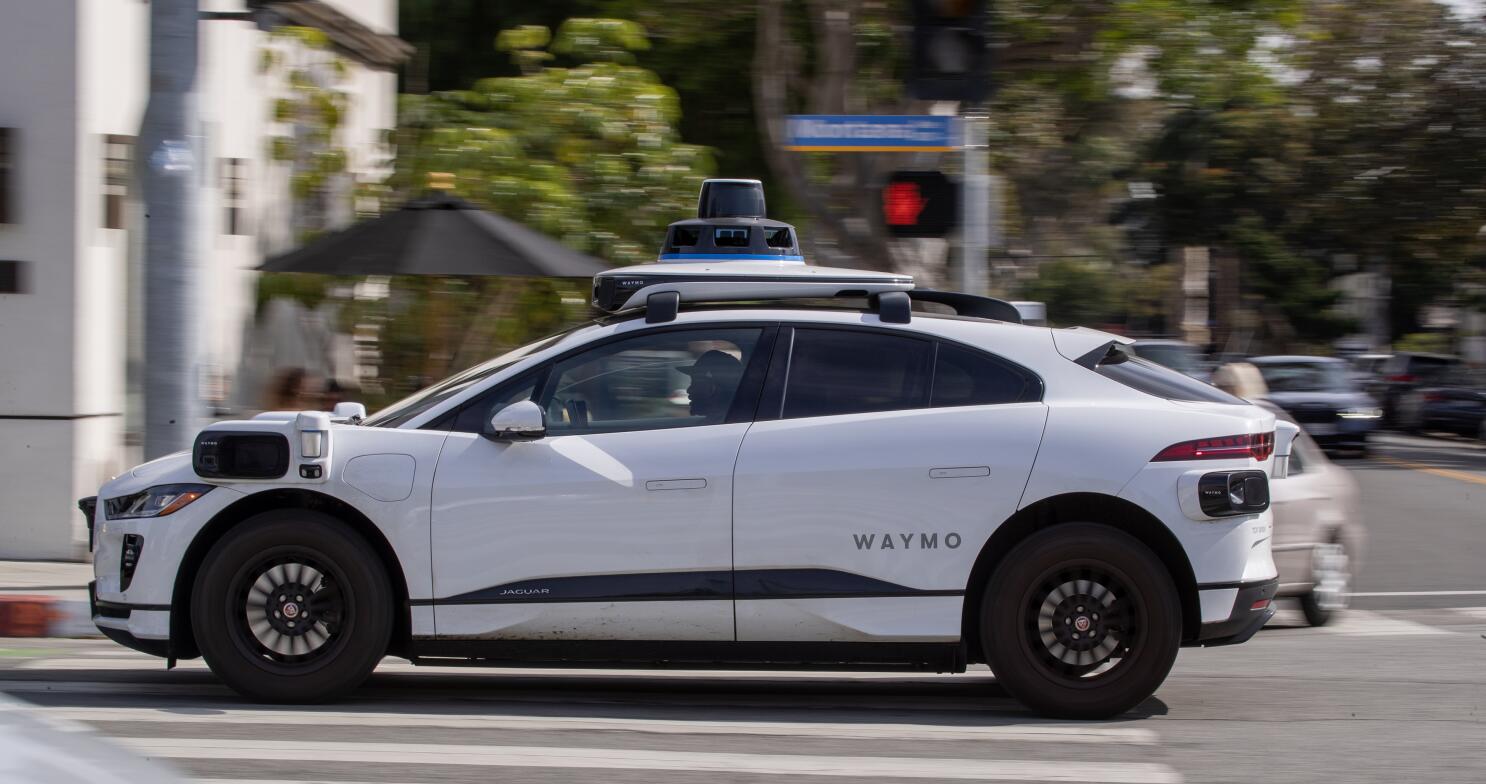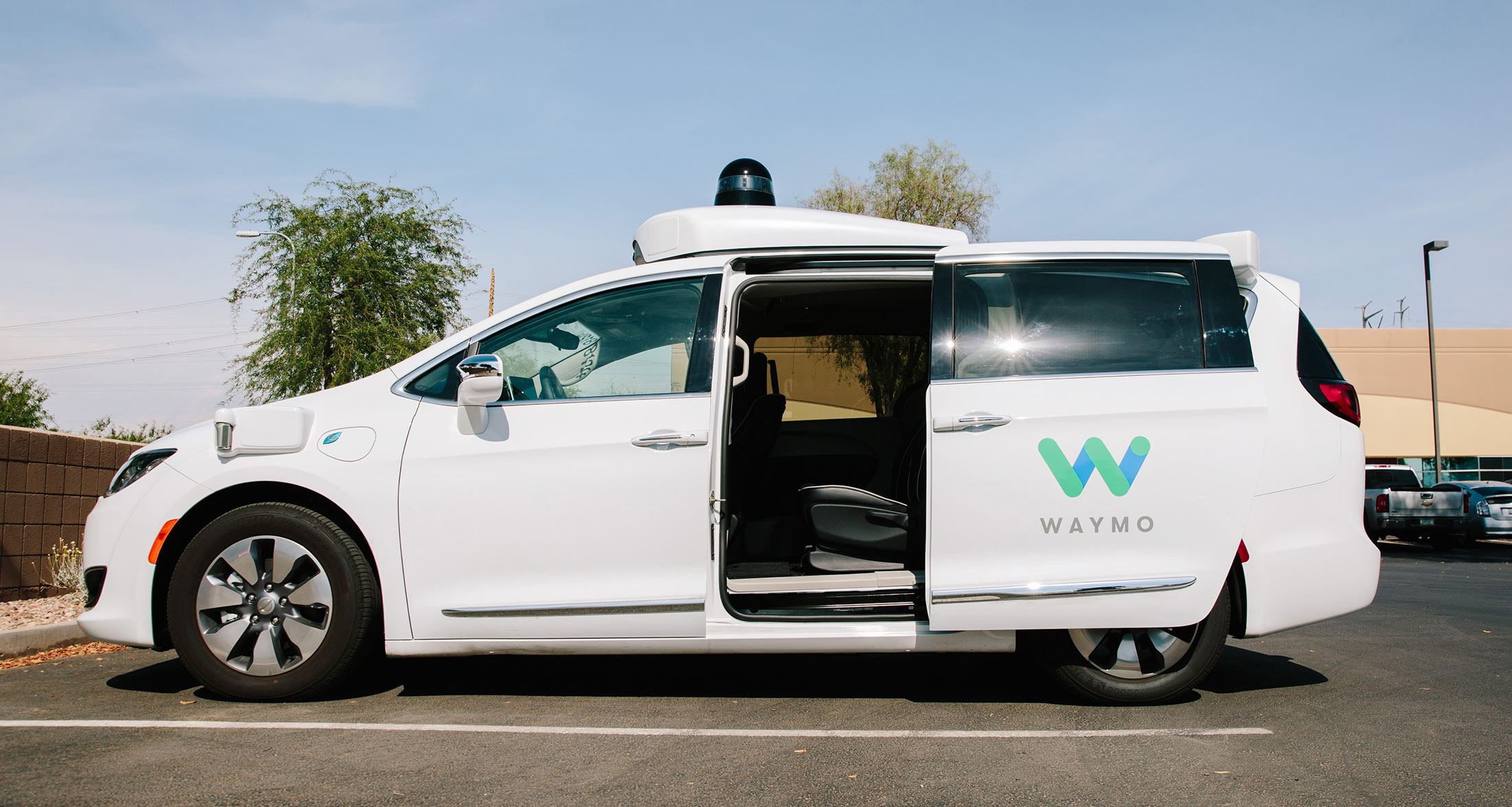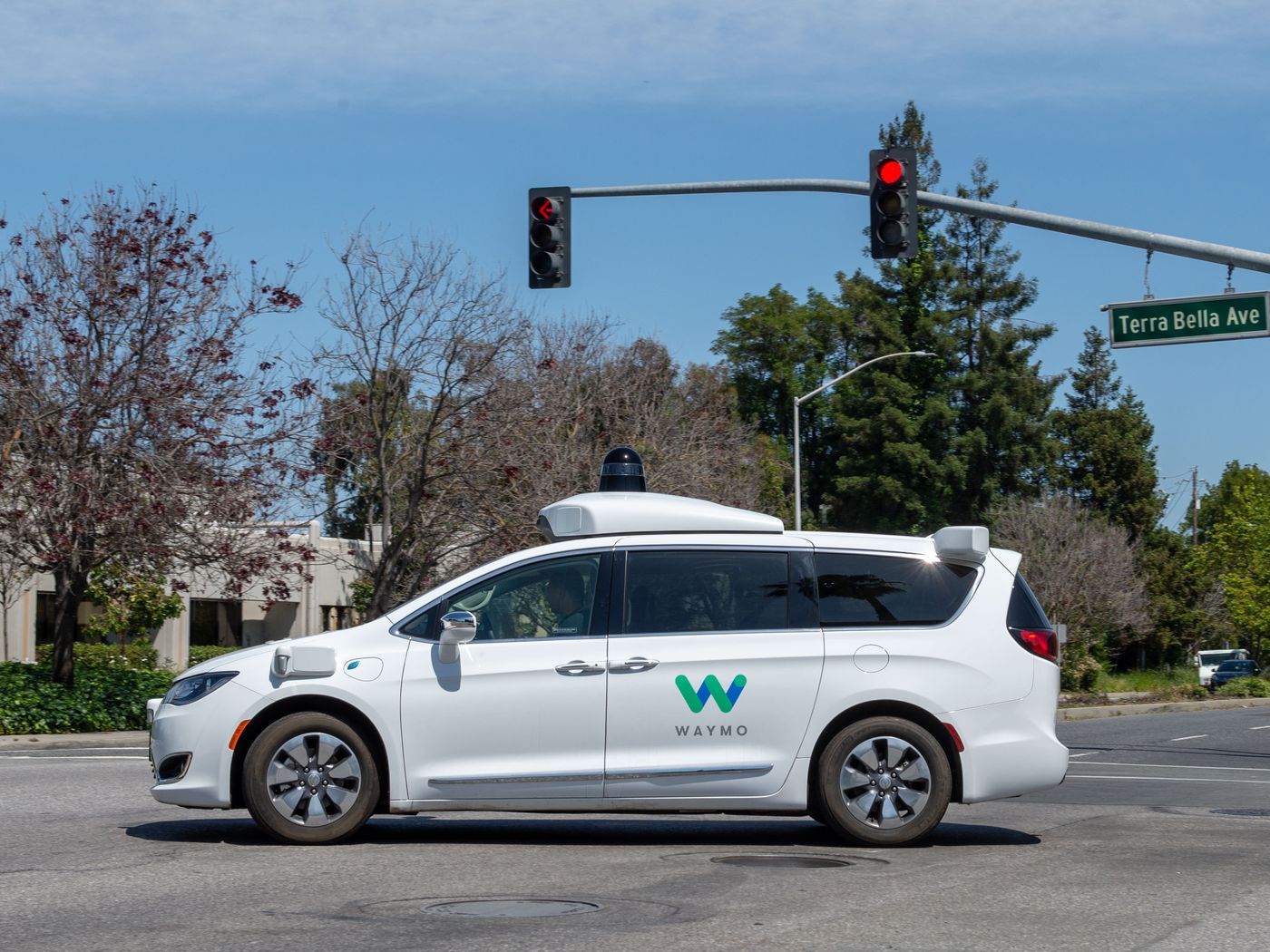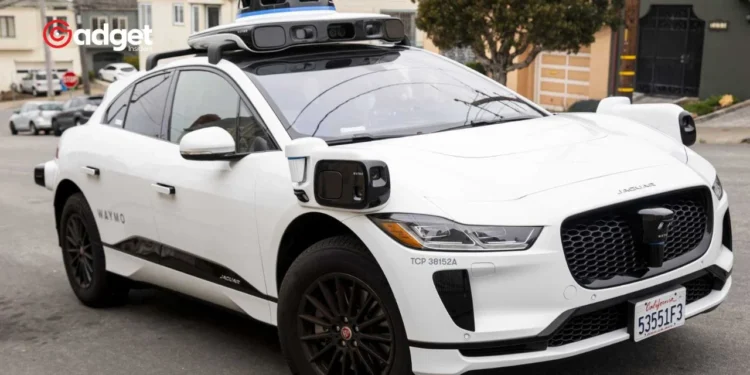In an era where convenience and technology intersect more seamlessly than ever, Waymo is steering the future of urban transportation with its groundbreaking driverless taxi service. Currently dominating the landscape in Phoenix, San Francisco, and Los Angeles, Waymo’s fleet of autonomous vehicles has successfully completed over 50,000 paid rides each week, signalling a robust advancement in autonomous vehicle technology.

Waymo’s Multifaceted Impact on Urban Mobility
Waymo, a pioneering entity under the Alphabet umbrella, has not only captivated the attention of daily commuters but has also integrated its service into the community’s fabric. Operating round the clock, the company One service caters to a diverse clientele across significant sections of the three bustling metropolises it serves. Despite its expansion and technological prowess, Waymo has gracefully handled the societal implications of introducing autonomous vehicles into densely populated areas.
The company’s recent ventures extend beyond passenger transport. In Phoenix, the company has dipped its toes into the delivery sector through a collaboration with Uber Eats, facilitating food deliveries from local favourites such as Princess Pita, Filiberto’s, and Bosa Donuts. This service allows customers to choose between a futuristic driverless experience or the traditional human touch for their delivery needs.

Community Response and the Road Ahead
Despite its technological triumphs, Waymo’s journey hasn’t been devoid of challenges. The integration of autonomous vehicles has been met with mixed reactions from the communities where they operate. Notably, several incidents involving company cars with pedestrians, other vehicles, and even pets have sparked debates about the safety and reliability of driverless systems.
Waymo's Driverless Taxis Now Complete More Than 50k Rides A Week https://t.co/O3T13QeFaL
— PCMag (@PCMag) May 11, 2024
The incident in San Francisco’s Chinatown, where a company vehicle was set ablaze, highlights the ongoing tension between technological advancements and community acceptance. Furthermore, competitive pressures loom large on the horizon, with rivals like Cruise temporarily scaling back operations after safety concerns and Elon Musk’s Tesla poised to introduce the Cybercab, a new contender in the robotaxi market.
Navigating a Path Forward
As Waymo continues to navigate these complex landscapes, the road ahead looks both challenging and promising. With an eye on expansion and improving community relations, Waymo is poised to refine its technologies and operational strategies. The drive towards a more connected and automated future continues, with Waymo at the helm, steering the conversation around the possibilities and precautions of a driverless tomorrow.

In conclusion, as cities evolve and the demand for smarter, more efficient transport solutions grows, Waymo’s advancements in autonomous vehicle technology are setting the pace for what’s possible. Balancing innovation with safety and community engagement remains a priority, as the company aims to redefine urban mobility while shaping the future of transportation.









